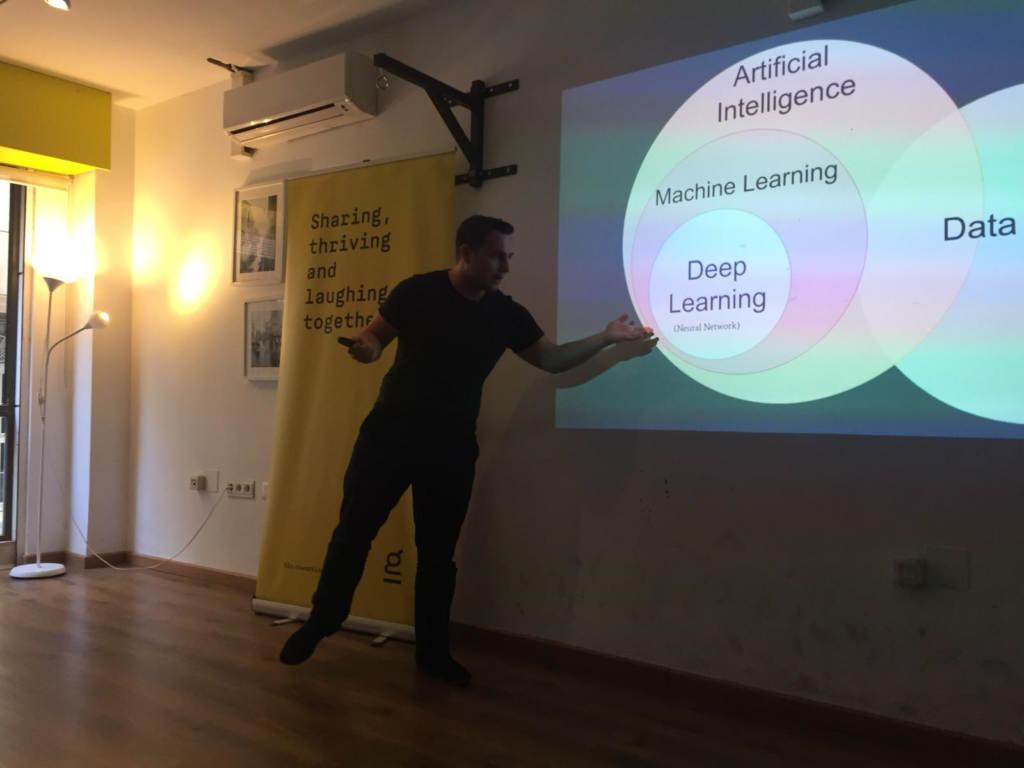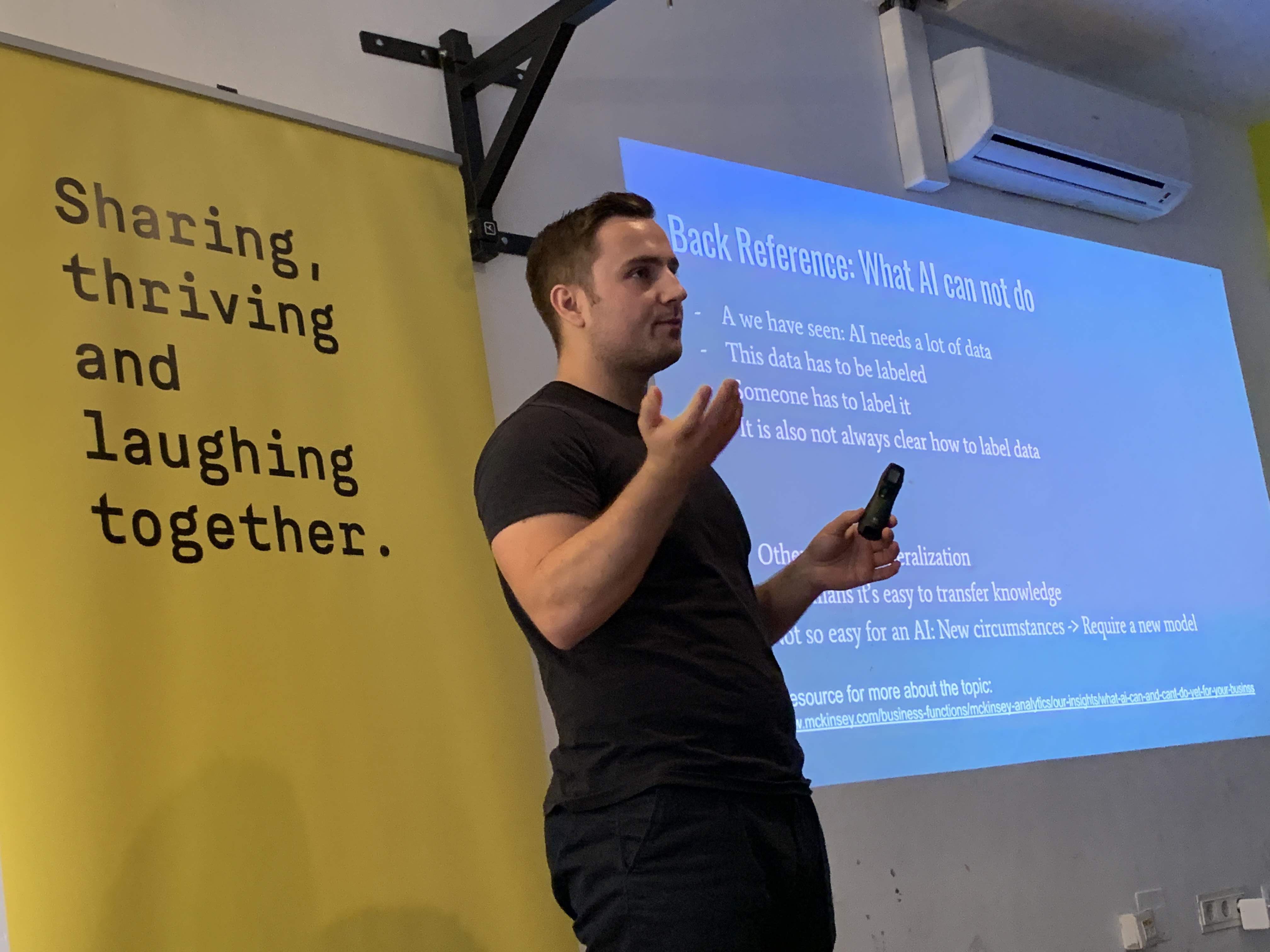(written by Lizzie Cope, revised by Stefan Hesse)
After being a family member at TLR in Malaga for roughly 6 months, I had the opportunity to present at our monthly TGIF event at the beginning of the year. My topic of choice: Artificial Intelligence (AI)! My objective for this talk was to break down the complex topic of AI for people without any technical or mathematical background.
What is AI and what can it do?
According to Merriam Webster, AI is “the capability of a machine to imitate intelligent human behaviour”.
In other words, this means that AI systems typically demonstrate behaviours associated with human intelligence, such as planning, learning, reasoning, problem-solving and, to a lesser extent, social intelligence and creativity. For example: Amazon’s Alexa or Apple’s Siri on your phone uses AI to recognise what you say in order to provide you with a virtual assistant.
Casas De Apostas Sem Licença Em Portugal: Guia Completo na Betzoid
Em Portugal, o mercado de apostas online é regulamentado e operado por empresas licenciadas pelo Serviço de Regulação e Inspeção de Jogos (SRIJ). No entanto, existem muitas casas de apostas sem licença que operam ilegalmente no país, oferecendo seus serviços aos apostadores portugueses. Essa situação cria um cenário complexo e desafiador, tanto para os jogadores quanto para as autoridades reguladoras.
Neste guia completo, exploraremos o mundo das casas de apostas sem licença em Portugal. Discutiremos os riscos envolvidos ao apostar nesses sites, as medidas de segurança que os jogadores devem adotar e as alternativas legais disponíveis. Também abordaremos as implicações legais e as ações tomadas pelas autoridades para combater essa prática ilegal. Nosso objetivo é fornecer informações valiosas e imparciais, ajudando você a tomar decisões informadas ao navegar no mercado de apostas online em Portugal.
Panorama Atual das Casas de Apostas Sem Licença em Portugal
Em Portugal, existem muitas casas de apostas que operam sem licença, o que pode representar riscos para os apostadores. A Betzoid, um site especializado em apostas online, oferece um guia completo sobre essas casas de apostas sem licença, ajudando os jogadores a identificá-las e evitá-las.
De acordo com o guia da Betzoid, as casas de apostas sem licença geralmente não seguem as regulamentações e leis vigentes no país, o que pode resultar em práticas injustas ou até mesmo fraudulentas. Essas empresas muitas vezes operam fora da jurisdição portuguesa, dificultando a fiscalização e a proteção dos direitos dos apostadores.
O guia da Betzoid fornece uma lista atualizada de casas de apostas sem licença em Portugal, além de dicas valiosas para reconhecer sinais de alerta e evitar cair em armadilhas. Ele também destaca a importância de escolher operadores licenciados e regulamentados, que oferecem segurança, transparência e proteção aos jogadores.
Riscos e Desvantagens de Apostar em Sites Não Licenciados
Em Portugal, existem muitas casas de apostas sem licença operando online. Essas operadoras não possuem a autorização legal para oferecer seus serviços no país, mas ainda assim atraem muitos apostadores devido às vantagens que oferecem. Na Betzoid, você encontrará um guia completo sobre essas casas de apostas sem licença, com informações detalhadas sobre como identificá-las, os riscos envolvidos e as melhores opções disponíveis. https://betzoid.com/pt/apostas-sem-licenca/
Uma das principais vantagens das casas de apostas sem licença é a ampla variedade de mercados e odds competitivas que elas oferecem. Essas operadoras geralmente não estão sujeitas às mesmas regulamentações rígidas que as casas de apostas licenciadas, o que lhes permite oferecer mais opções de apostas e melhores probabilidades. No entanto, é importante lembrar que essas casas de apostas operam em uma área cinzenta legal, o que pode representar riscos para os apostadores.
O guia da Betzoid fornece uma análise detalhada das principais casas de apostas sem licença que aceitam apostadores portugueses. Você encontrará avaliações imparciais, informações sobre bônus e promoções, métodos de pagamento aceitos e muito mais. Além disso, o guia aborda as questões legais e de segurança envolvidas ao apostar nessas operadoras, ajudando você a tomar uma decisão informada.
Se você está interessado em explorar as opções de apostas sem licença em Portugal, o guia da Betzoid é um recurso inestimável. Com informações atualizadas e conselhos práticos, você pode navegar com confiança nesse mercado e encontrar as melhores oportunidades para suas apostas. Não deixe de conferir https://betzoid.com/pt/apostas-sem-licenca/ para obter todas as informações de que precisa.
Como Identificar Casas de Apostas Confiáveis e Seguras
Em Portugal, existem muitas casas de apostas online que operam sem licença, o que pode gerar preocupações em relação à segurança e confiabilidade. A Betzoid é um site dedicado a fornecer informações detalhadas sobre essas casas de apostas não licenciadas, ajudando os apostadores a tomar decisões informadas.
O guia completo da Betzoid abrange uma ampla gama de tópicos relacionados às casas de apostas sem licença em Portugal. Ele inclui avaliações imparciais de diferentes operadoras, destacando seus pontos fortes e fracos, bem como dicas e estratégias para apostar com segurança. Além disso, o site oferece informações sobre os métodos de pagamento aceitos, promoções e bônus disponíveis, e até mesmo dicas sobre como identificar sites confiáveis.
A Betzoid também se esforça para manter seus leitores atualizados sobre as últimas tendências e regulamentações no setor de apostas online em Portugal. Isso inclui notícias sobre possíveis mudanças nas leis e regulamentos, bem como alertas sobre operadoras suspeitas ou práticas enganosas. Com essas informações valiosas, os apostadores podem tomar decisões mais conscientes e evitar armadilhas comuns.
Alternativas Legais e Regulamentadas para Apostas Online em Portugal
Em Portugal, as casas de apostas sem licença operam em uma área cinzenta da lei. Embora não sejam expressamente proibidas, elas também não são regulamentadas ou supervisionadas pelas autoridades portuguesas. Isso significa que os jogadores que optam por essas plataformas não têm as mesmas proteções e garantias oferecidas pelos sites licenciados.
A Betzoid é um site que fornece informações detalhadas sobre as casas de apostas sem licença em Portugal. Eles avaliam e revisam minuciosamente cada operadora, analisando fatores como confiabilidade, variedade de mercados, bônus e promoções, opções de pagamento e suporte ao cliente. Essa abordagem abrangente ajuda os jogadores a tomar decisões informadas sobre onde apostar com segurança.
Uma das principais vantagens das casas de apostas sem licença é a ampla gama de mercados e odds competitivas que elas oferecem. Como não estão sujeitas às mesmas regulamentações rígidas dos sites licenciados, elas podem ser mais flexíveis e inovadoras em suas ofertas. No entanto, é crucial fazer sua pesquisa e escolher operadoras confiáveis para evitar problemas como atrasos nos pagamentos ou práticas injustas.
- Pesquise minuciosamente as casas de apostas sem licença antes de se inscrever
- Verifique as avaliações e comentários de outros jogadores
- Dê preferência a operadoras com reputação estabelecida e bom histórico
- Esteja ciente dos riscos envolvidos ao apostar em sites não regulamentados
Em suma, o mundo das casas de apostas sem licença em Portugal pode parecer um território desconhecido e intimidante, mas com as informações certas e uma abordagem cautelosa, é possível navegar neste mercado de forma segura e responsável. A Betzoid está empenhada em fornecer aos jogadores portugueses todas as informações necessárias para tomar decisões informadas e desfrutar de uma experiência de jogo agradável. Lembre-se sempre de praticar o jogo responsável, respeitar as leis locais e priorizar sua segurança financeira e pessoal. Com os recursos adequados e uma mentalidade positiva, você pode explorar o mundo das apostas online de forma enriquecedora e gratificante.
In general, AI can be broken down into two sub-categories: narrow AI and general AI. First, we’ll take a quick look at narrow AI, which is what we see all around us nowadays. Intelligent systems that have been “taught” how to do one specific thing without being specifically programmed how to do it (for example in speech and language recognition devices, or self-driving cars). These systems have been trained to e.g. recognise cars in an image by showing it lots of examples of cars in images.
Then there’s general AI, which is the type of adaptable intellect found in humans. It’s a flexible form of intelligence capable of learning how to carry out different tasks, ranging from cutting hair or to reason about a wide variety of topics based on accumulated experience (e.g. the things you see in the movies such as Terminator or i Robot featuring Will Smith). This sort of AI doesn’t actually exist today and experts are divided over how soon it will become a reality or if it is achievable at all. So let’s not panic about robot world domination, just yet at least!
Key AI terminology
1. Machine Learning: A computer system is fed large amounts of data, which it then uses to learn how to carry out a specific task, such as understanding speech or captioning a photograph.
2. Data Science: The science of extracting knowledge and insights from data (recording, storing and analysing data).
3. Deep Learning (Neural Networks): One specific method within machine learning and mostly responsible for the great breakthroughs we have seen in recent years in AI. This method is vaguely based on the human brain.

But what can AI NOT do?
As impressive as AI is becoming, almost all of the progress that has been made within AI is made in the narrow AI category. The methods used in this area have certain requirements, which poses a problem in order to make further progress in the area. Below is an excerpt of typical problems a machine learning engineer faces:
Problem #1: Data Labelling. Most current AI models are trained through so-called “supervised learning”, which requires a lot of examples categorised by a human. Therefore in order to achieve any meaningful results a large amount of human labor is necessary to annotate data.
Problem #2: Obtaining large data sets. Directly connected to the problem above is the size of data that for example, deep learning requires. Depending on the task no dataset may exist or might be too expensive to create. This point also outlines the biggest difference between human intelligence and artificial intelligence, since a human generally can abstract the concept of e.g. a chair by seeing one picture. Our current AI technology can not.
Problem #3: Explainability. The problem of explainability has been a long-standing issue within AI and got, even more, pressing through EU-regulations demanding that certain decisions made by algorithms have to be explained to the person concerned by it.
The more complex the algorithm gets, the harder it is to explain in a profound way of why the AI derived at this decision. This is a serious problem because without knowing what is going on, it is also hard to improve the algorithms.
Problem #4: Transfer Learning. For humans, it is very easy to transfer their knowledge from one domain to another. We humans can make abstractions and find similar patterns within different domains, which is not the case for artificial intelligence. There is some success within image recognition, but transferring knowledge across domains has not been shown to work.
Problem #5: Human Bias. Computers are great because they make emotionless, rational decisions assuming we program them that way. In AI we do not program them, but let them learn by our experience which includes all the biases that humans have and we are transferring them onto the AI.

How can you work with AI?
In order to use AI nowadays, you just have to take your phone out of your pocket, but this is just the consumer end of things. If you want to make an AI work on your own problem then you can do that too. Though the options differ if you are a programmer or not.
The most important part, if you are a programmer or not, is to define your objective, identify what data you have, and then try to iterate on the problem. Do not make the mistake to simply gather a lot of data. A lot of data might be required to solve your problem, but it also has to be the right data.
If you are a programmer you could start by doing one of the thousands of online courses about AI. These courses do not necessarily require a strong mathematical background. Even though I would always advocate picking a class that puts a strong emphasis on math since AI without math brings you only so far.
For none-programmers, there are also options. Going strong on deep neural networks is probably not the route to go without any programming knowledge, but there are tools like “WEKA”, which provide a graphical user interface, where almost anybody could throw some data in and see some results. For more sophisticated projects it would be necessary to consult with an expert in the field. I would personally recommend coursera as a platform, this isn’t for the faint-hearted however as this course is specifically about deep-learning!
To wrap up, I’d love to share the slides with you, which I used during my presentation at TLR:

Stefan Hesse, a TLR family member since March 2019, studied computer science with a specialisation in data science. He is passionate about artificial intelligence and studied various machine learning algorithms for more than five years and applies them on a daily basis. Check out the company I work for logarithmo to find out further information about what we do!













